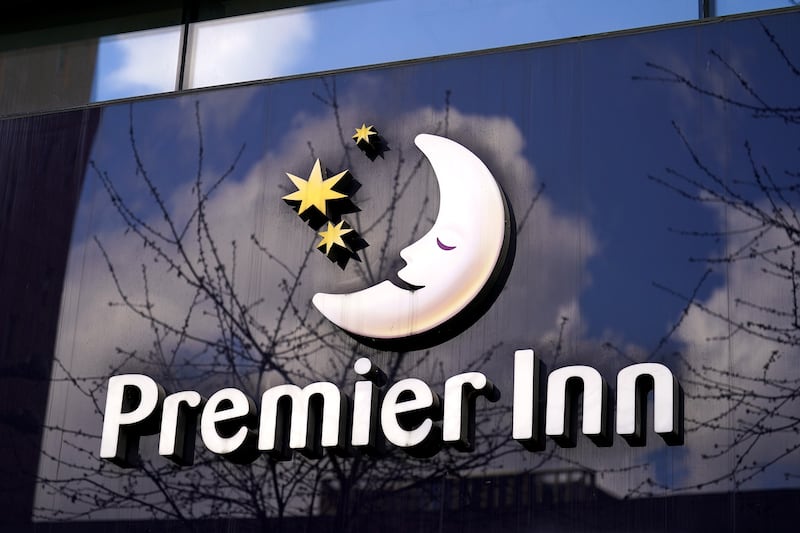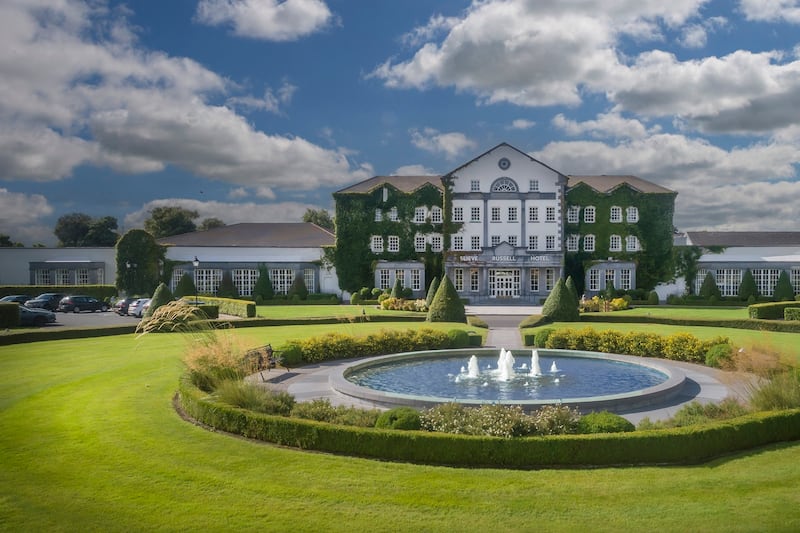THE north's hotel industry has enjoyed a record year, with unprecedented demand fuelling bedroom sales of over 2.3 million.
The 2018 ASM Charetered Accountants hotel survey has revealed that demand is at an all-time high, with the approximate 2.36 million room nights sold during the year a 5 per cent uplift (115,000 room nights) on the previous year's total.
The growth in the market has largely been driven by an increase in bedroom capacity, with a number of new hotel openings and extensions coming to market, particularly in Belfast. As a result the average overall occupancy rate declined slightly from 76.8 per cent in 2017 to 75.6 per cent.
The figures further show that the average price paid for a hotel room last year increased to a record-high of £96.90. The figure, which excludes VAT, represents a 7.1 per cent surge from 2017 (£90.48) and resulted in a 5.4 per cent annual increase in the average revenue per available room, which now stands at £73.28.
Total annual revenue per hotel room in the north grew by an average of 4.4 per cent over the year to £69,158.
Looking closer at the figures and despite increased demand for overnight accommodation, bedroom occupancy rates in Belfast declined from an average of 82.9 per cent in 2017 to 79.9 per cent. It is the first time in five years the rate has dipped below 80 per cent and was heavily influenced by a slow second half of the year.
Average room rates increased year on year by 3.3 per cent to £94.91, but that growth occurred in the first six months of 2018.
Hotels in rural settings experienced higher bedroom demand and reported revenue spikes across the board. Bedroom occupancy improved by 1 per cent to an average of 72.3 per cent for the year, with total revenues increasing by 5 per cent to £98,654 per room a year.
The picture was not quite as rosy at resort/spa hotels, which reported a fall of 1.6 per cent in occupancy to an average of 74.7 per cent, with total revenues and profits more or less unchanged over the year.
In Derry, bedroom occupancy dropped by 1 per cent to 69.7 per cent last year, but annual revenues improved by 5.3 per cent to an average of £42,109 per available room.
Michael Williamson, director of consulting at ASM believes the latest hotel figures are positive in what is a challenging environment. He cited Brexit and the lack of an Executive as ongoing concerns for the industry in the north.
"The Brexit issue seems to have sapped confidence in the business community since bookings from this market have fallen," he said.
"The decline in the value of sterling has certainly helped drive higher volumes of out of state visitors into Northern Ireland, but the flip side of that coin and the general uncertainty surrounding Brexit is that input costs have increased while the pool of experienced staff from EC countries has reduced leading to increased staffing costs, the impacts of which are clearly evidenced in declining profits. I expect this situation to carry over into 2019 at least."
"The absence of an Assembly and leadership is now starting to frustrate hotel owners and operators. There is real concern around the lack of progress on VAT, Air Passenger Tax and Corporation Tax and the fear that in the absence of sitting ministers, key decisions on matters such as marketing and events budgets will simply not be taken, thereby undermining the excellent performance of the industry over recent years," Mr Williamson said.
Adrian Patton, senior manager of consulting at ASM added:
"For now, the addition of new room stock in Belfast has largely ended and this will give the industry a chance to recover lost ground. It is easily forgotten that Belfast faced a similar issue when a large volume of new room stock entered the market just as the financial crisis was taking hold in 2009 and 2010, but underlying growth in demand meant that the impact was not as severe as it may have been and the City soon returned to higher occupancy and room rates. There is no reason to believe that the same will not occur this time”





